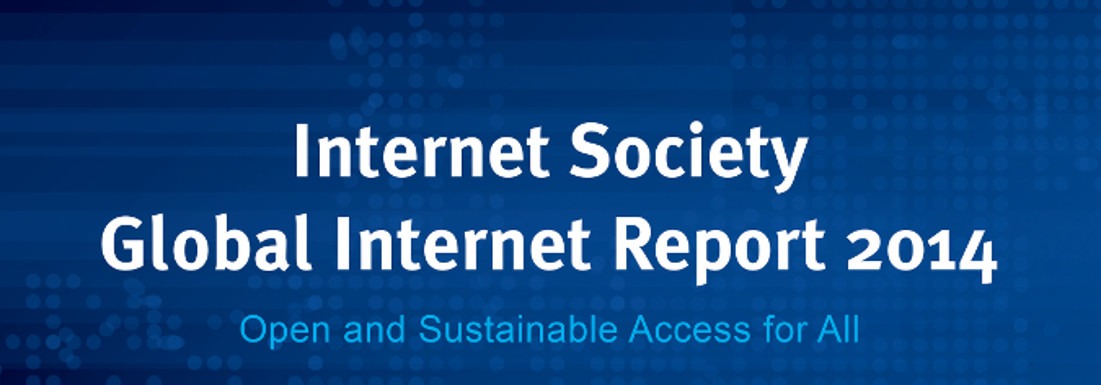In 2012, the life of Battushig Myanganbayar, a 15 year old in Ulan Bator, Mongolia, took an unexpected turn. Where ten years earlier, his destiny would have been limited by circumstances, his genius was revealed through his performance on a free online course offered by MIT. As a result, he was admitted to MIT and, at 17, was hired there to provide his insights on edX, an online education consortium of Harvard and MIT, to help make sure that others like him are identified.
The key to opening his future – and that of those like him – began with open access to the Internet. While many of us take it for granted today, not everyone is online today, and not everyone online today has full access to the benefits of the Internet. We must ensure that we do what we can to develop the open Internet around the world, because what yesterday was a dream, could tomorrow be a memory.
To this end, the Internet Society, today at the WSIS +10 High-Level Event, launched the first in what will become an annual series of Global Internet Reports to provide a detailed snapshot of Internet progress. Each report will follow a theme; this year’s being “Open and Sustainable Access for All.” While we celebrate success, we are also mindful, particularly following the tumultuous revelations of 2013, that we must address urgent challenges.
The report first highlights a number of the benefits of open Internet access – the daily occurrences that would have been a pipe dream ten years ago, and have become almost routine today.
- The engineer in Togo who raised money on a European crowd-funding site to create a cheap 3D printer using discarded electronics;
- The ability of a million sellers of handmade and vintage items to use Etsy to sell to customers in 200 countries with minimal investment; and
- The ability of a comedian in Italy to start an online party that in four years captured the most seats of any party in the general election of 2013.
However, while the number of Internet users online is set to pass three billion early next year, we have work to do – those online do not all have access to the same benefits, and the majority of the world’s population is not yet online. Many factors – such as geography, economics, language, cultural attitudes, regulations, and government policy – combine to hamper open and sustainable access to the Internet in many parts of the world, restricting the universality of its benefits.The Internet model is unique in many ways – in particular, since its founding days, it has been governed and developed by its users, for its users. Together, all stakeholders work to develop new standards, govern shared resources, and develop critical infrastructure. This first Global Internet Report is dedicated to the users, not least our 60,000 members, who in turn are dedicated to promoting and preserving the Internet model worldwide.
So, I hope you enjoy our first Global Internet Report, and I welcome your suggestions to help this new annual publication develop as an important resource for future Internet development.

